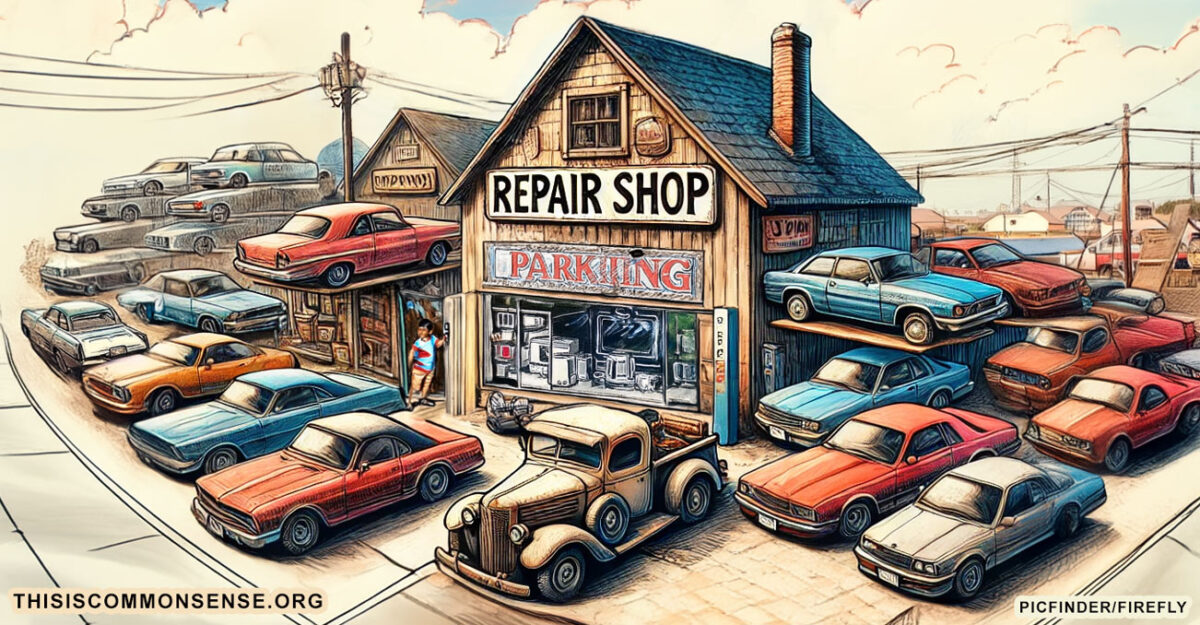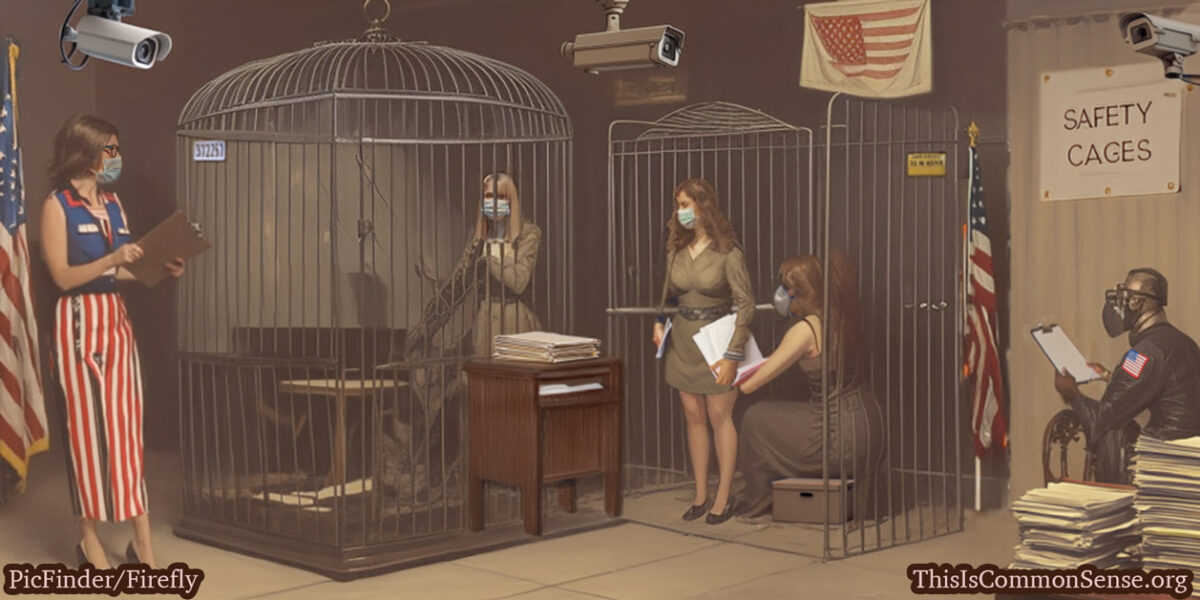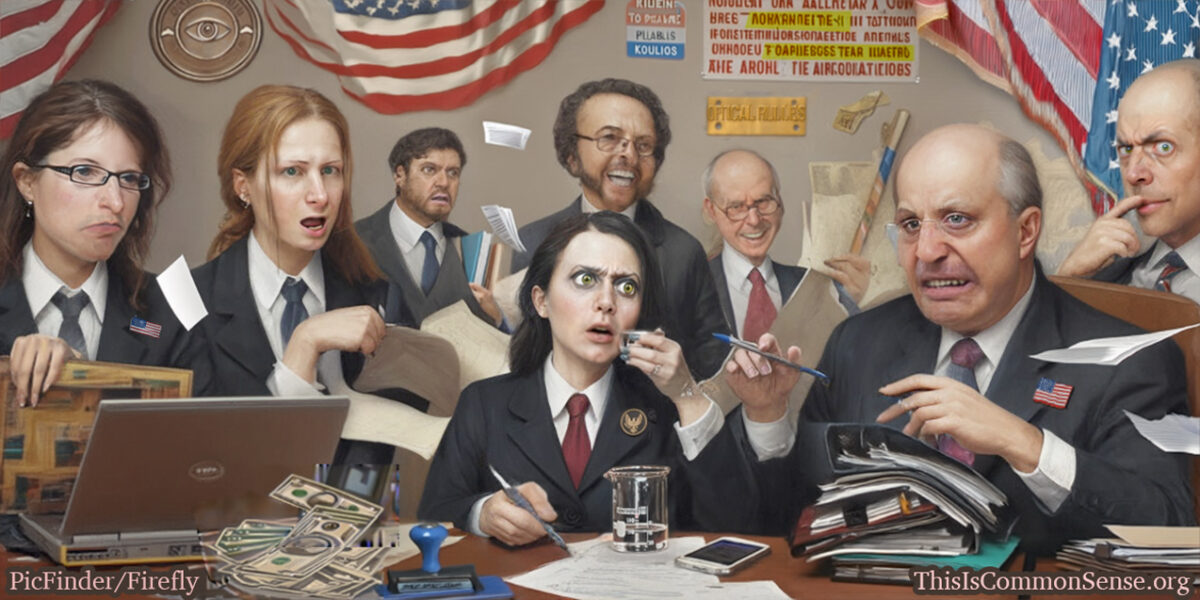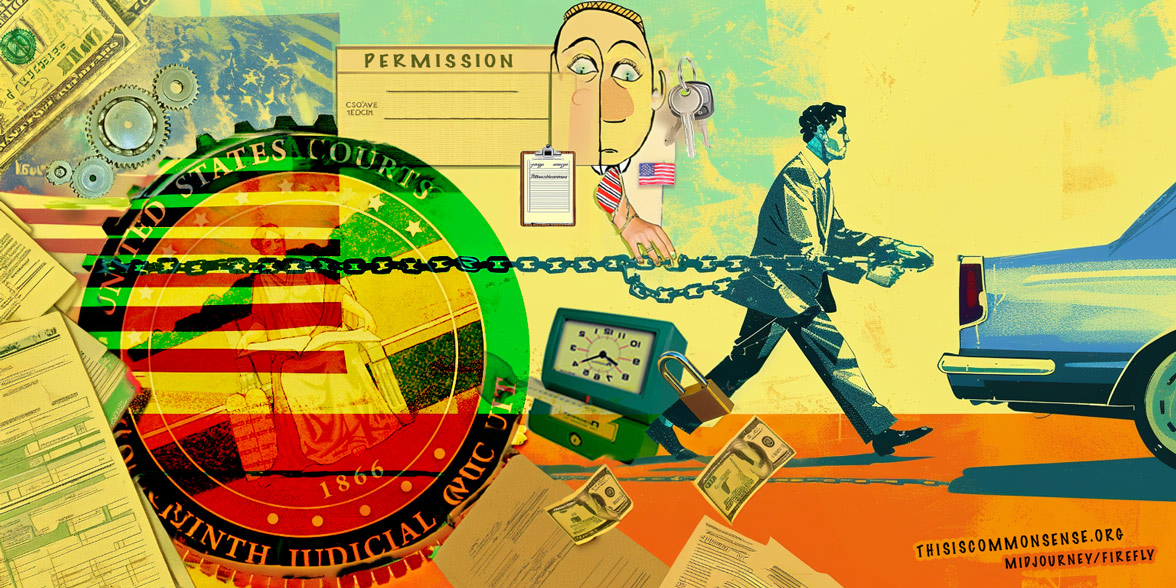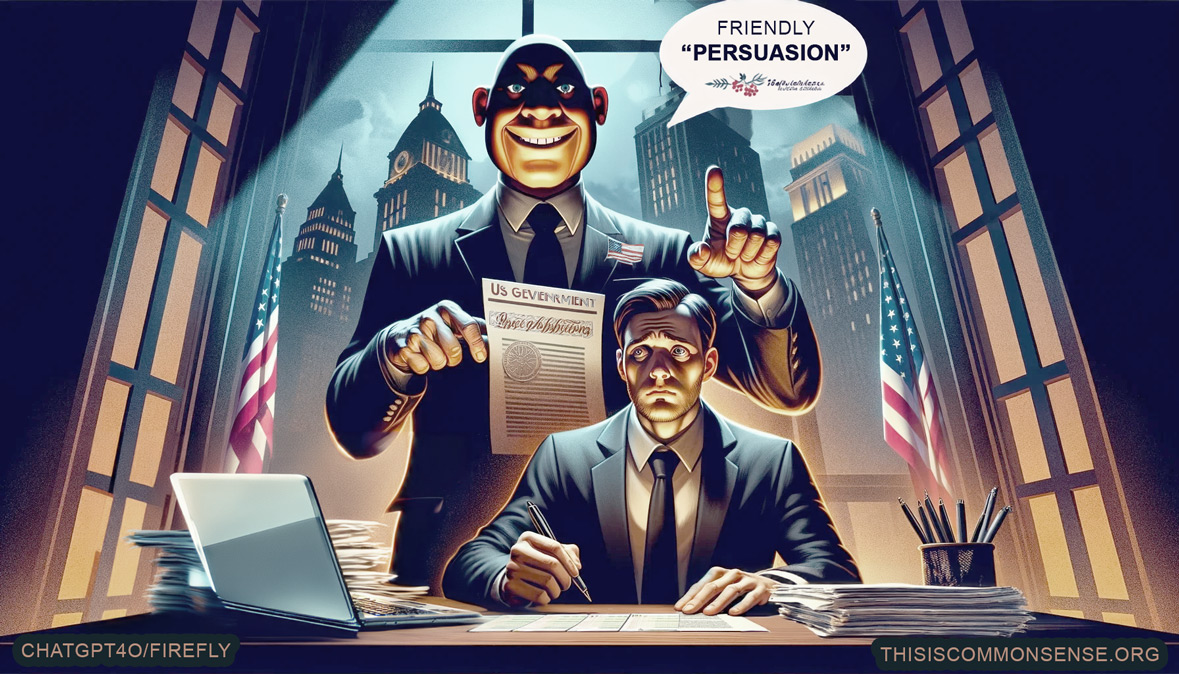Is it a coup?
Two years ago, Azael Sepulveda, a mechanic, sued the city of Pasadena. The city had demanded that he provide 28 parking spots before he could open a shop to fix things. The property his shop is on can accommodate only a few parking spaces.
With the help of Institute for Justice, which fights for people’s right to earn an honest living all over the country, Sepulveda reached a settlement with the city. He would be allowed to open.
Hurray. Big hassle, but now he could go on with his life.
Except that for two years the city has still blocked him from opening up.
So IJ had to sue again. And get this. Members of the Pasadena City Council recently said that for the past year they have been kept in the dark about developments in the case. This, “even though the city’s attorney claims to be acting on ‘instruction from city council.’”
That attorney, Bill Helfand, has been arguing that the city should be immune from litigation to enforce the city’s own settlement.
So … is it a coup? Is Helfand running local government himself, unauthorized, randomly ignoring settlements and whatnot?
Could some weirdly pervasive and persistent miscommunication be the problem? It just seems unlikely that mislaid telephone messages are why Sepulveda is still being stonewalled.
Whatever the problem is, Pasadena, fix it. “Stop with the games,” as IJ says. And let Azael Sepulveda get started fixing other things.
This is Common Sense. I’m Paul Jacob.
Illustration created with PicFinder and Firefly
—
See all recent commentary
(simplified and organized)
